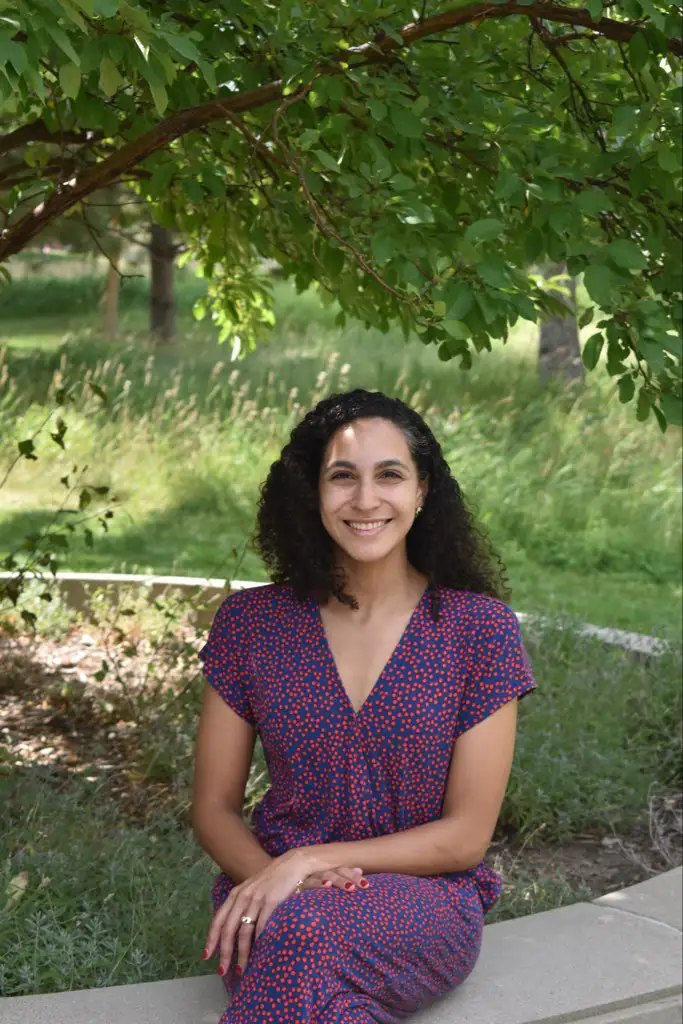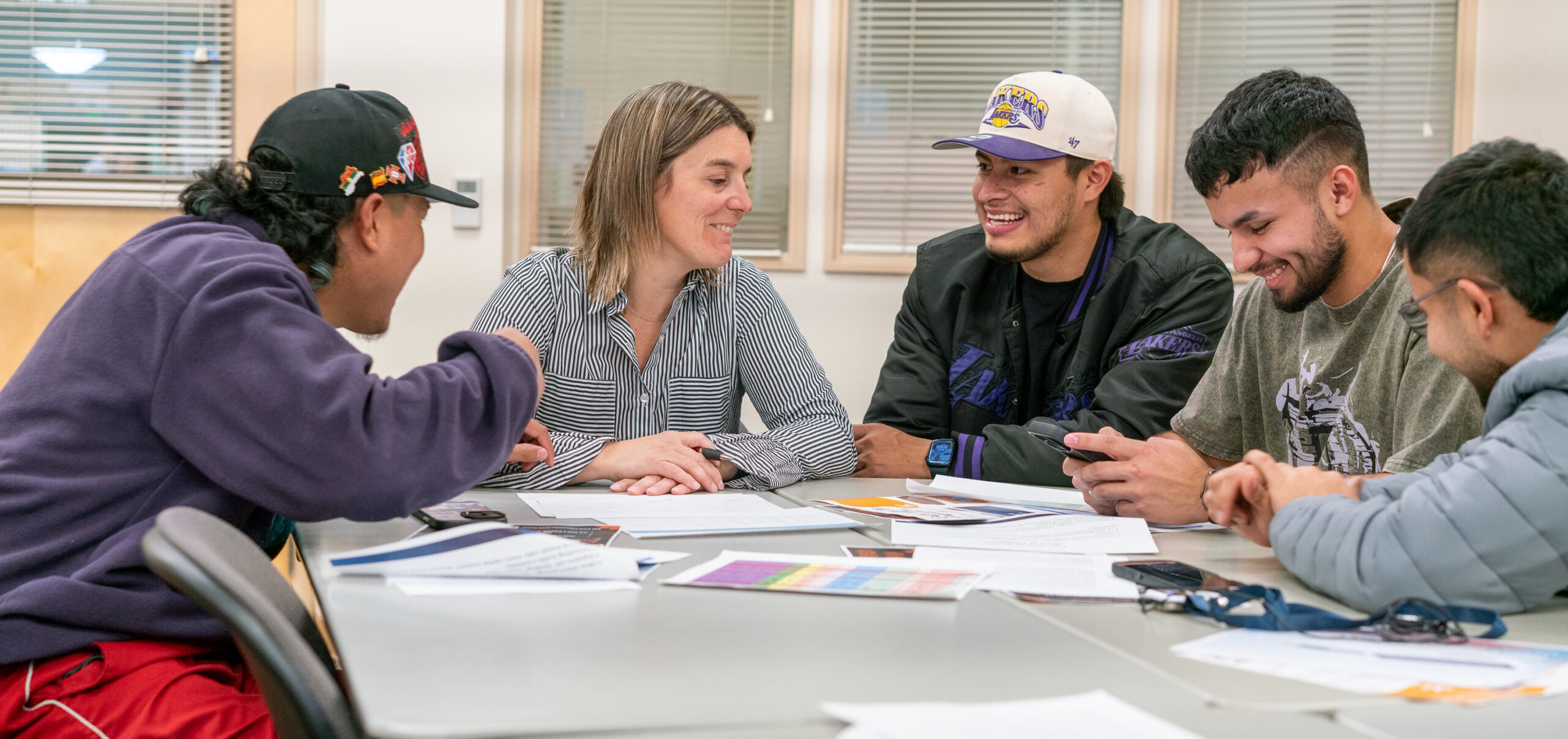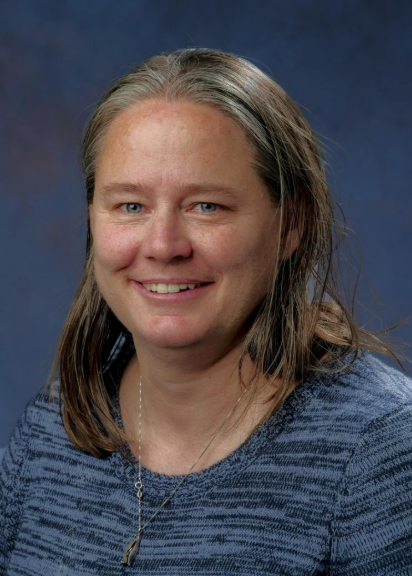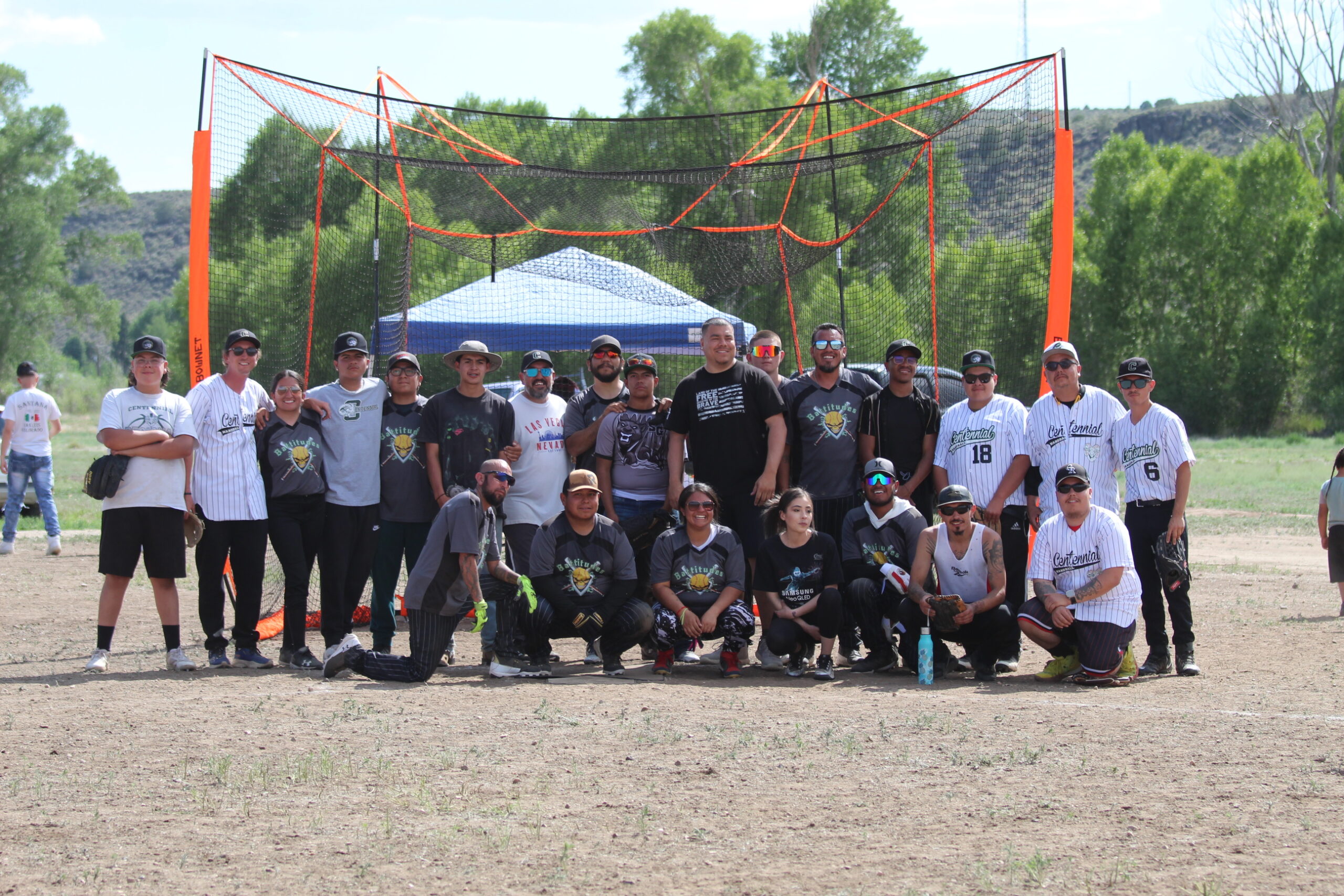Share a little bit about your personal and educational background and career goals.
One of the reasons I was inspired to help create the Summer Research Training Programs (SRTP) at CU Anschutz is due to having participated in summer programs like this one and realizing the impact they had on me in making the decision to pursue an MD/PhD. No one in my family is a physician or a researcher, and during my undergraduate years at Amherst College I often felt that many of my classmates already had a leg up because they already knew how to navigate the landscape of applying to graduate or medical schools. Participating in summer programs like SRTP, such as the Summer Internship Program at NIH and their postbaccalaureate training program, were crucial to my being able to successfully navigate applying and entering a Medical Scientist (MD/PhD) Training Program. Currently, I am currently a 6th year student in the program and am studying human taste as well as taste signal transmission in Dr. Thomas Finger’s lab. I would ultimately like to be a pediatric neurologist, and I also have a strong interest in education particularly in promoting participation of students who have been historically underrepresented in science. Usually, I am the only person of color in a room, and one of my goals is to help change that experience for those who are coming up along the undergraduate to graduate school pipeline.
Students of color, low-income, and first-generation college students are underrepresented in the biomedical sciences. What does the research say with regard to why?
Systemic inequality affects students across all the spectra of underrepresented groups, including those of color, low-income, first generation, and rural students. These students are more likely to lack access to the resources and opportunities needed for them to successfully navigate a career in the biomedical sciences or even know that this exists as a possibility. At Anschutz, the composition of the graduate programs mirrors that of many graduate programs in the United States which do not reflect equitable representation within the university (AMC Graduate School Diversity Report, 6/30/2020). As a means of addressing inclusivity at the graduate student level, the overarching goal for the SRTP is to fulfill the needs of students historically underrepresented in biomedical sciences throughout their progression along the undergraduate-to-graduate school pipeline. This includes providing high-quality research experiences in the labs at CU Anschutz, professional development opportunities, and longitudinal mentorship. Our program’s focus on local recruitment allows us to offer longitudinal opportunities and training, both of which are critical to meaningfully address underrepresentation in biomedical fields.
As you know, getting quality research experience in a lab often correlates with a competitive medical school or post graduate health sciences program application. Talk about the lab experiences your students are receiving as part of the Summer Scholars Program and the difference and impact that experience can have for students early in their undergraduate careers.
Each of our students is paired with a principal investigator who serves as their primary mentor for the summer, and they have additional graduate student or postdoctoral fellow as mentors as well. With their mentors, the students work on summer research projects as a means of cultivating their critical thinking and technical skills. Mentors are also encouraged to work with their mentees to incorporate their unique perspective into their projects. For example, we have a Native American student who, as part of a project on music therapy in Parkinson’s patients, inspired her mentor to expand on a Neurologic Music Therapy study to incorporate traditional indigenous music as part of the technique. This example highlights one of our core beliefs that increased diversity on the Anschutz campus can only enhance the breadth of research that is performed.
This is your first year operating the Summer Scholars Program. Tell me about the program structure, activities, and the experiential components that the students are engaging with?

Our approach to administering these programs mimics the operational style of the NIH’s Intramural Research Training Awards: applicants complete one application routed to specific institutes, which have unique administrations for their trainees. Similarly, SRTP applicants complete one application and are considered for training slots across participating graduate school programs, called “research tracks”. This simplifies the process for these students to explore their interest in biomedical research and pursue longitudinal experiences. This year, we launched two tracks – one in Neuroscience and another for students interested in Physician-Scientist (MD/PhD, MSTP) careers. Being able to start with two tracks was only possible due to the efforts of the ten MD/PhD and graduate students working together across two teams as well as our partnership with Erin Golden, the Director of the Office of Undergraduate Research and Activities at CU Denver. The hope is to add more tracks each year that span the range of biomedical research fields.
As a whole, the SRTP is designed to address the various components needed for a successful application to graduate and professional schools. The primary activity is research experience in which students help design and complete research experiments, learn scientific technical skills, and build relationships with graduate-level scientists in the lab. In addition to the lab component, we have weekly seminars in which students learn career development skills, including science communication, networking, and building resiliency. Their experience culminates in a poster session in which they present their summer research project and is attended by faculty, staff, and students at CU Anschutz. We also have hosted career panels for the students so that they are educated about the breadth of biomedical career opportunities. One of our most important endeavors has been to create opportunities for peer-to-peer interaction and mentorship, as it is crucial for students – particularly those from underrepresented groups – to form lasting relationships and a community of like-minded scholars.
What have been some of your learnings and successes with the inaugural cohort of 17 students?
This program has its roots as a shared vision between MD/PhD and graduate students at Anschutz in which undergraduate students from groups historically underrepresented in biomedical sciences are able to not only gain research experiences in the labs at Anschutz but to also build a community as they progress along the undergraduate to graduate school pipeline. Because this type of program was new to those of us creating it, we quickly had to learn to coordinate across multiple teams, delegate our responsibilities and engage across all the academic and administrative levels of the university – from principal investigators to the financial officers in the graduate school. This type of experiential learning has been incredibly helpful for us as it has allowed us to learn more about stepping into our future roles as leaders and mentors in academia.
Our real success has been in the formation of an SRTP community among the undergraduates who have come to campus this summer as well as in all the groups – students and faculty alike – who have worked hard to get this program running. We’ve seen the SRTP students convening together on the quad and sharing their experiences with each other – one of our students even offered to be a student ambassador for SRTP at her institution now that she has completed the program! We are now adding this as a component for our alumni network. Community building is a crucial part of our mission because of how detrimental feelings of isolation can be among underrepresented populations, and we want to address this early on in the undergraduate to graduate school pipeline.
What are your goals for the program going forward as you think about impact and sustainability?
The SRTP is designed to be a flagship program for undergraduate biomedical research at CU Anschutz that spans multiple departments and disciplines in an effort to improve accessibility for undergraduates interested in biomedical research careers. As part of this, we have created the SRTP Alumni program, which serves students who have already participated in SRTP, and manages our alumni who are continuing to work at Anschutz past the summer. We have several students this year who will continue to work part-time in their host labs throughout the school year because of their summer research experience. The alumni program also provides continuing education and programming as these students proceed along the undergraduate to graduate school pipeline. We believe that by providing our students with a complete mentorship experience – that is, one that includes research experience, professional opportunities, application assistance, etc. – they will be ideally positioned to succeed in biomedical careers.





